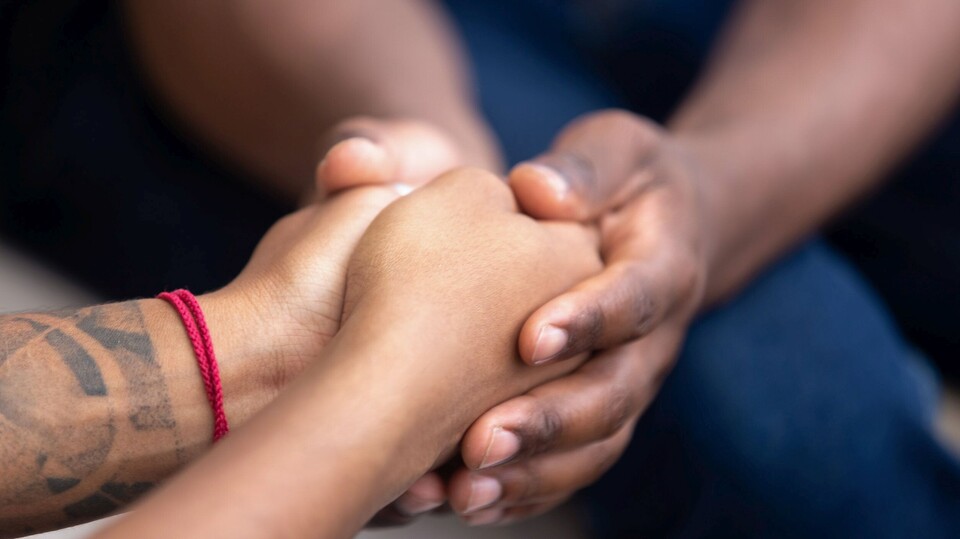Study on Survivors of Sexual Violence Comes to Astonishing Conclusion

Sexual violence is a major problem in most wars and conflicts worldwide – for example in civil war conflicts in Africa and Southeast Asia. Women and children are particularly likely to experience some form of sexual violence. Those affected by sexual violence are often stigmatized and excluded from the community. Professor Dr. Richard Traunmüller from the University of Mannheim and his colleague Professor Dr. Carlo Koos from the University of Bergen in Norway conducted over 10,000 interviews with survivors to analyze their behavior after having experienced sexual violence.
Up to now, research literature, NGOs, and international organizations have come to the conclusion that survivors of sexual violence are helpless, socially marginalized, and excluded. However, Traunmüller and Koos have found the opposite effect: “Our results show that survivors are often resilient and self-determined individuals who are actively involved in the community and avert stigmatization.” On average, they were more involved in their communities and were more likely to be members of local associations. The researchers believe that the main reason for this is that those affected attempt to counteract their stigma by making a contribution to their community and getting involved in the form of civic engagement.
The importance of the community
Especially in countries where the state cannot guarantee security, public services or a functioning judicial system, the village community remains the only place of refuge for survivors of sexual violence. These communities often replace the state at local level. To avoid being expelled from this community, survivors of sexual violence try all the harder to reintegrate into their social environment and social group. Research in social psychology supports this assumption.
A new method
For their study, Traunmüller and Koos interviewed survivors of sexual violence in three different countries: the Democratic Republic of the Congo, Liberia, and Sri Lanka. They used a new survey method in which the anonymity of the interviewees was the top priority. “The main problem in researching sexual violence is 'underreporting', i.e., the true extent is underestimated because the victims remain silent about their experience of violence out of shame or fear. Our experimental question method avoids this problem because it provides an indirect estimate – without the respondents having to reveal information directly,” explains Traunmüller. The new method of the so-called “list experiment” doubled the number of people who were willing to talk about the sexual violence they had experienced. Interviewees are presented with a list of experiences in which they only have to state the total number of experiences they have had but not which ones. The researchers then determine the difference between the average number of points collected in this way and the average number stated by a control group.
According to the researchers, the new type of survey could be a very important methodological innovation that could have an impact on the collection of statistics on rape, domestic violence, and bullying, not only in crisis areas. “Our method has already generated a lot of interest – for example from USAID, the United States Agency for International Development, or UNU-WIDER, a United Nations institute that works in the field of policy advice and international development,” says Traunmüller.
Link to the study:
Koos, C., Traunmüller, R. The gendered costs of stigma: How experiences of conflict-related sexual violence affect civic engagement for women and men. onlinelibrary.wiley.com/doi/10.1111/ajps.12863
